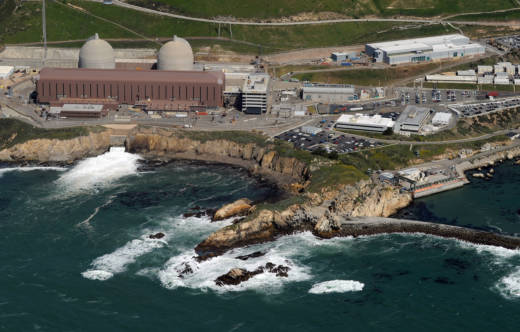A state judge Wednesday recommended that California's largest utility be allowed to increase customer rates by nearly $200 million for costs tied to the planned closing of the state's last operating nuclear plant.
If approved, the plan for the Diablo Canyon nuclear power plant is expected to add a few pennies a month to bills for Pacific Gas & Electric Co. customers.
The proposed decision by California Public Utilities Commission Administrative Law Judge Peter V. Allen trimmed tens of millions of dollars from the request from PG&E.
The utility asked for $360 million for employee retention and training, which the judge cut to about $170 million.
The judge also set aside a plan to use $85 million for assistance for local governments, saying it would require legislative authorization.
